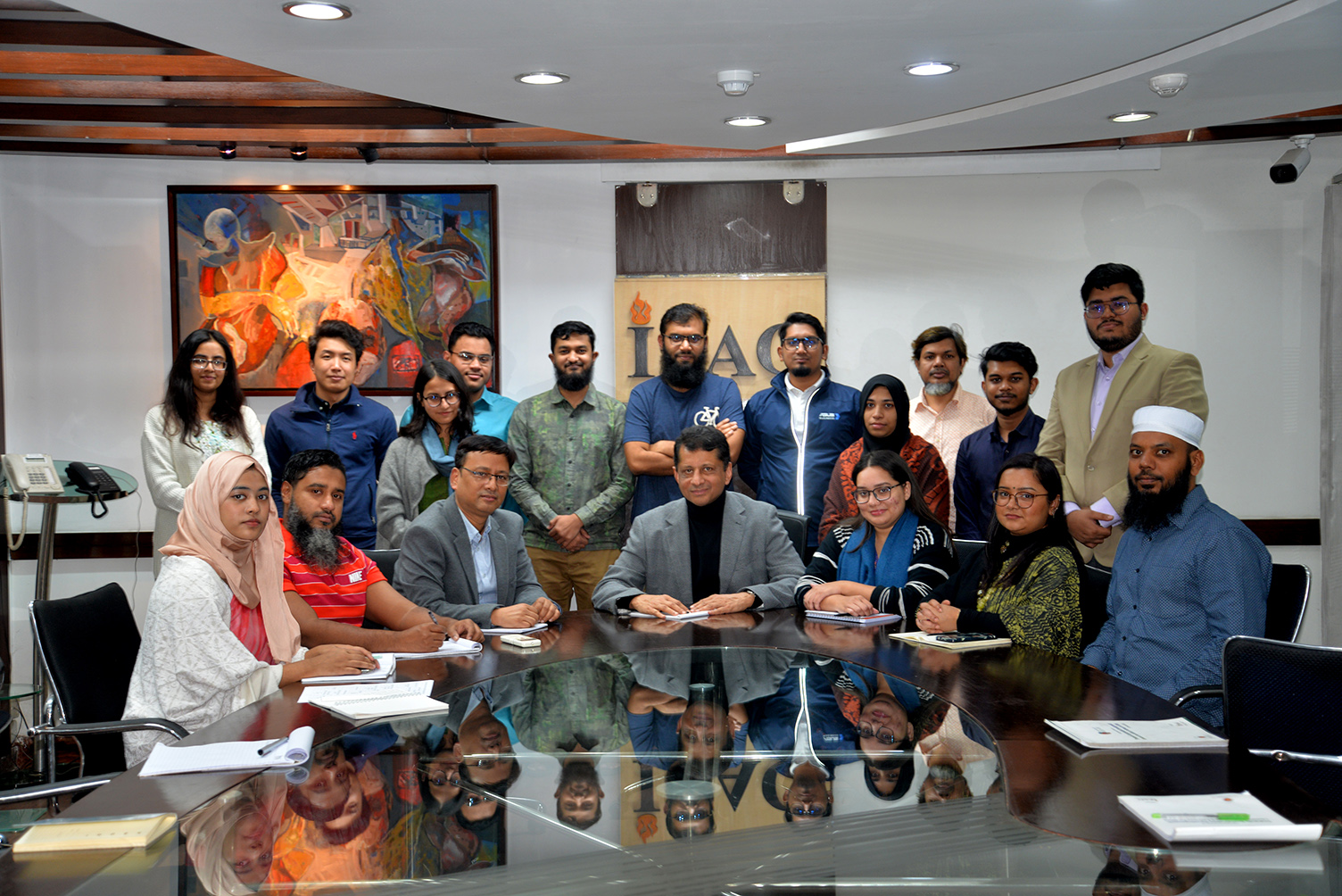


The Institute for Policy, Advocacy, and Governance (IPAG) is an independent, international think tank currently having presence in five continents – South Asia (Bangladesh & India), Asia-Pacific (Australia), Europe (Austria), Middle East & North Africa (MENA, UAE) and Africa (Mauritius). IPAG’s core areas of work include (i) SDGs, Economy, Trade & Investment (ii) Climate Change & Environment (iii) Energy Transition & Renewables (iv) Digital, Cyber & Technology (v) International Relations & Strategic Affairs
As a pro-active ‘Do’ & ‘Think’ Tank, IPAG emphasizes on doing evidence-based policy research with a focus on providing solutions that effectively respond to real-life problems and challenges. Towards that end, IPAG undertakes research and analysis, engagement and outreach activities, promotes dialogue among various stakeholders, conducts training and capacity building, and supports advocacy towards social justice. IPAG works with well-respected international organizations, institutions, and individuals in making positive contributions towards achieving inclusive and sustainable development – nationally, regionally, and globally.
As a non-partisan, independent and international think tank, IPAG is committed to advancing broader understanding of critical issues affecting the world at large as well as nations and regions having a stake on those issues. IPAG takes a holistic approach towards adoption of policies and programs by facilitating an interactive and consultative process for the stakeholders so that the engagement is open, transparent, and participative.


